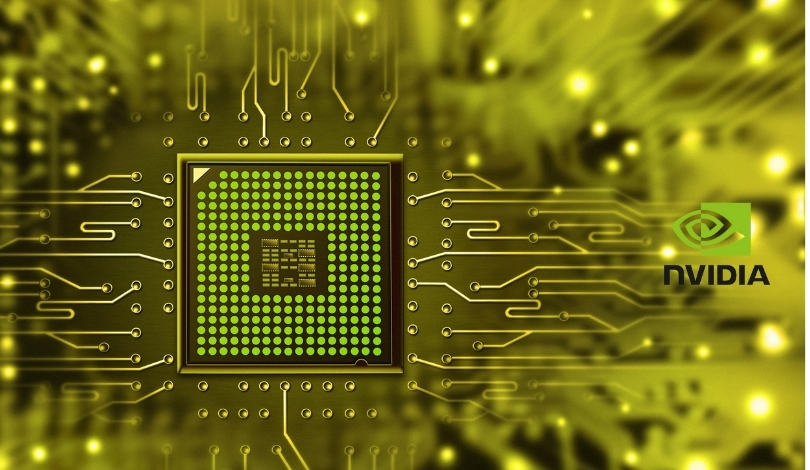In a riveting discussion at SIGGRAPH 2024, NVIDIA CEO Jensen Huang and Meta CEO Mark Zuckerberg shared their perspectives on the transformative potential of AI technologies. Both leaders underscored the future where AI becomes an integral part of every business. The conversation also delved into the recent advancements and collaborative efforts in AI, particularly highlighting the roles of open-source contributions and virtual assistants.
AI Studio Launch
Mark Zuckerberg introduced AI Studio, a new platform from Meta, aimed at democratizing AI creation. This tool empowers users to develop, distribute, and discover AI characters, thereby making AI accessible to a broader audience, including small businesses and individual creators.
Jensen Huang emphasized the pervasive role of AI in the future, predicting every restaurant and website would have AI integrated into their operations. Zuckerberg echoed this sentiment, expressing that AI would become as essential to businesses as email addresses and social media accounts.
NVIDIA’s Advancements
At SIGGRAPH, NVIDIA showcased “James,” a digital human based on the NVIDIA ACE (Avatar Cloud Engine) design. This virtual assistant can provide contextually accurate responses and represents the potential for businesses to create personalized, hyper-realistic avatars for customer interactions. Huang praised Meta’s work in AI, particularly noting advancements in computer vision, language models, and real-time translation.
Meta’s open-source contributions, including models like Llama 3.1, were highlighted. This model, with 405 billion parameters, was trained using over 16,000 NVIDIA H100 GPUs, signifying a substantial investment in resources. Zuckerberg also envisioned more integrated AI models that could unify diverse content types and systems across platforms like Facebook and Instagram.
Previous discussions around AI have focused on narrow applications and individual use cases. The latest insights from SIGGRAPH 2024, however, point to a more integrated and widespread adoption of AI across numerous sectors. Previous reports emphasized the development of AI tools for specific industries, while the current trend leans towards universal implementation in everyday business activities.
Early AI innovations were primarily concentrated in tech-centric domains, but there is now a noticeable shift towards making AI accessible to non-tech businesses. This evolution signifies a broader acceptance and integration of AI technologies, driven by enhanced user-friendly platforms and significant advancements in AI capabilities.
Future of AI Integration
NVIDIA’s Maxine AI platform, including Maxine 3D and Audio2Face-2D, aims to enhance telepresence experiences. Zuckerberg mentioned Meta’s collaboration with Luxottica to integrate AI with augmented reality eyewear, potentially revolutionizing sectors like education, entertainment, and work.
Both CEOs discussed the future AI’s ability to perform more complex simulations and provide multiple options for users, which could enhance decision-making processes. Companies such as HTC, Looking Glass, Reply, and UneeQ are already adopting NVIDIA’s technologies for applications in customer service, entertainment, retail, and hospitality.
The dialogue between Huang and Zuckerberg at SIGGRAPH 2024 underscores a future where AI is as ubiquitous as websites and social media accounts. The insights shared reveal a swift move towards advanced AI features that could significantly alter how businesses operate and interact with customers. The rapid advancements in digital human technologies showcased by NVIDIA reflect this trend, suggesting a near-future where AI-driven interactions become the norm.










